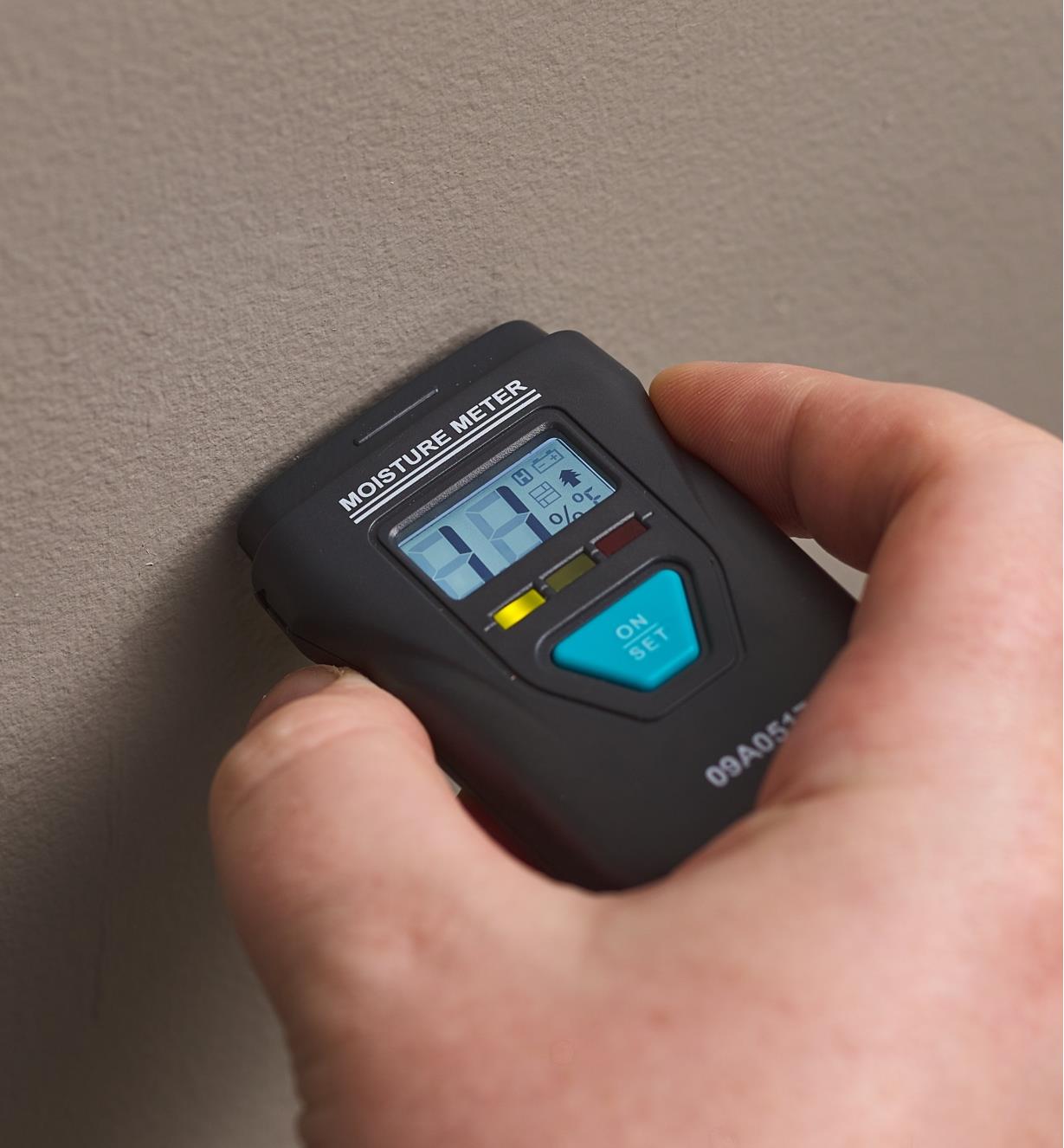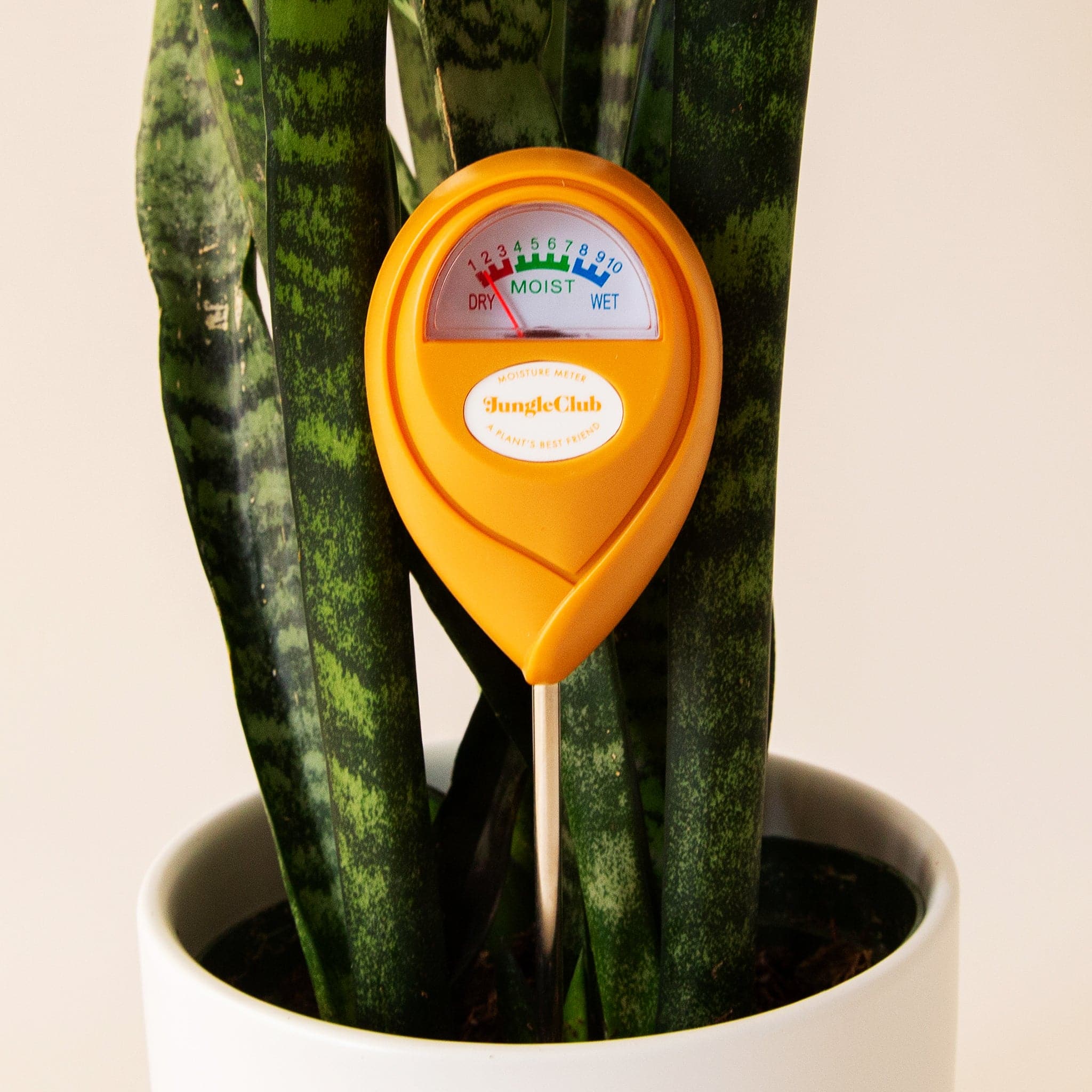The Scientific Research Behind Moisture Meters: Exactly How They Work and Why They're Crucial
The Scientific Research Behind Moisture Meters: Exactly How They Work and Why They're Crucial
Blog Article
The Ultimate Overview to Moisture Meters: A Comprehensive Introduction and How They Can Conserve You Money
In the world of structure upkeep, building and construction, and various sectors, the relevance of accurately determining dampness levels can not be overemphasized. Moisture meters function as vital tools in finding and checking moisture material in materials, helping in preventing costly damages and guaranteeing the high quality of products. Understanding the subtleties of various kinds of moisture meters, their applications, and the possible cost-saving advantages they supply can be a game-changer for businesses and specialists alike. Discovering just how these devices can not only enhance processes but additionally contribute to economic savings is a journey worth starting.
Kinds of Moisture Meters
One common type is the pin-type wetness meter, which determines the electric resistance in between two pins inserted into a product. Pinless moisture meters, on the other hand, use electro-magnetic sensing unit plates to scan a larger location without triggering damages to the material's surface.
Infrared dampness meters measure the thermal homes of a material to identify its dampness content non-invasively, making them helpful for applications where pin or pinless meters may not be appropriate. Comprehending the various types of dampness meters offered can help industries choose the most proper device for their specific wetness dimension needs.

Benefits of Using Moisture Meters

In addition, making use of dampness meters can lead to boosted energy efficiency. In farming setups, wetness meters play a vital duty in enhancing crop yields by enabling farmers to keep track of soil moisture levels and make notified watering choices.
Exactly How to Choose the Right Moisture Meter
Picking the proper wetness meter includes considering vital elements such as product compatibility, dimension variety, and calibration accuracy. When choosing a moisture meter, it's important to make sure that the meter appropriates for the specific product you will certainly be testing. Different products have differing electrical buildings that can impact wetness readings, so choosing a meter developed for your material is important for precise outcomes. Furthermore, take into consideration the dimension variety of the moisture meter. Guarantee that the click now meter can spot dampness degrees within the array required for your applications. Calibration precision is another critical factor to bear in mind (Moisture Meter). Opt for a dampness meter with trustworthy calibration to make certain constant and accurate readings. Some meters might require periodic calibration modifications, so recognizing the calibration procedure is essential. By thoroughly examining these variables, you can select a dampness meter that satisfies your needs and provides accurate dampness measurements for your tasks.
Proper Methods for Moisture Meter Usage
To make certain precise wetness analyses and maximize the efficiency of a wetness meter, utilizing appropriate strategies is vital. When utilizing a pin-type moisture meter, place the pins or probes into the material being tested up until they make complete contact. By adhering to these correct methods, customers can depend on their moisture meter to offer reliable dampness degrees, aiding in stopping pricey damage or making certain high quality in numerous applications.

Cost Savings Via Moisture Meter Applications
Exactly how can the critical usage of dampness meters lead to significant price savings throughout numerous industries? In the agriculture market, moisture meters aid in figuring out the ideal time for collecting plants, stopping over-drying or useful link excess dampness that can influence the last item's top quality.

Furthermore, in the food handling sector, wetness meters are essential for checking product quality and guaranteeing conformity with safety and security regulations. By accurately determining moisture web content in Recommended Reading food, producers can protect against putridity, maintain quality, and minimize waste, causing significant price financial savings. Generally, the critical application of dampness meters is a valuable financial investment that can lead to substantial cost reductions and improved performance across various markets.
Verdict
In verdict, dampness meters are important devices for discovering and determining moisture degrees in different products. By making use of the right moisture meter and adhering to proper techniques, individuals can properly stop expensive problems caused by excess wetness.
Dampness meters offer as crucial devices in discovering and checking moisture material in products, aiding in protecting against expensive problems and ensuring the top quality of items. Infrared moisture meters measure the thermal homes of a material to establish its wetness content non-invasively, making them valuable for applications where pin or pinless meters might not be suitable.Wetness meters offer indispensable advantages in precisely keeping track of and analyzing moisture degrees in varied materials and environments. In agricultural setups, moisture meters play a crucial role in enhancing plant yields by allowing farmers to keep an eye on dirt wetness degrees and make notified watering choices.In conclusion, moisture meters are useful devices for finding and gauging wetness degrees in numerous materials.
Report this page